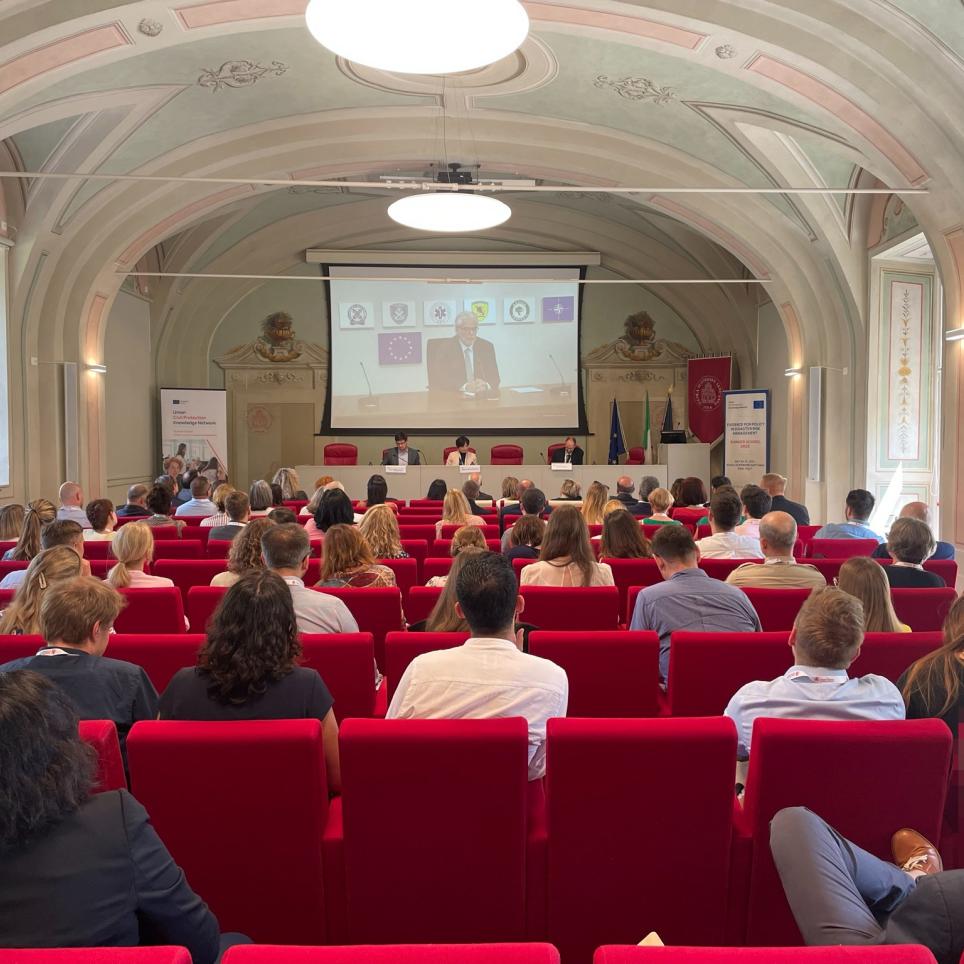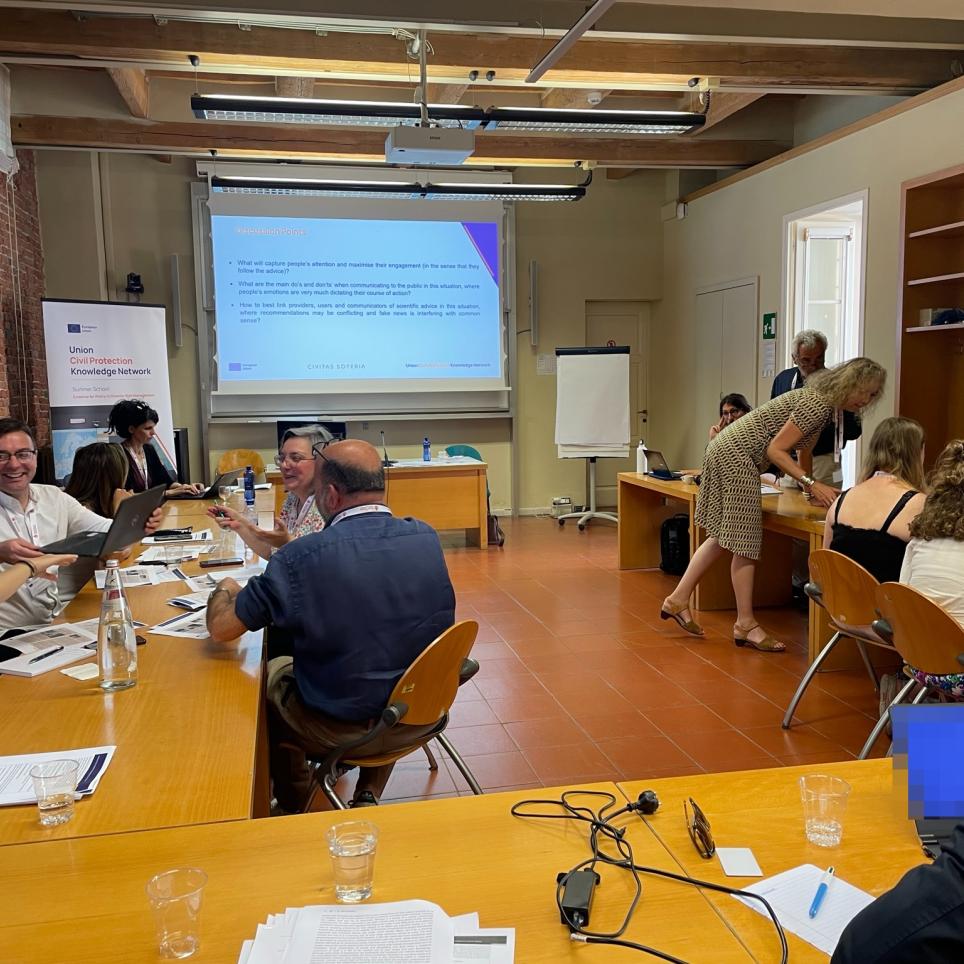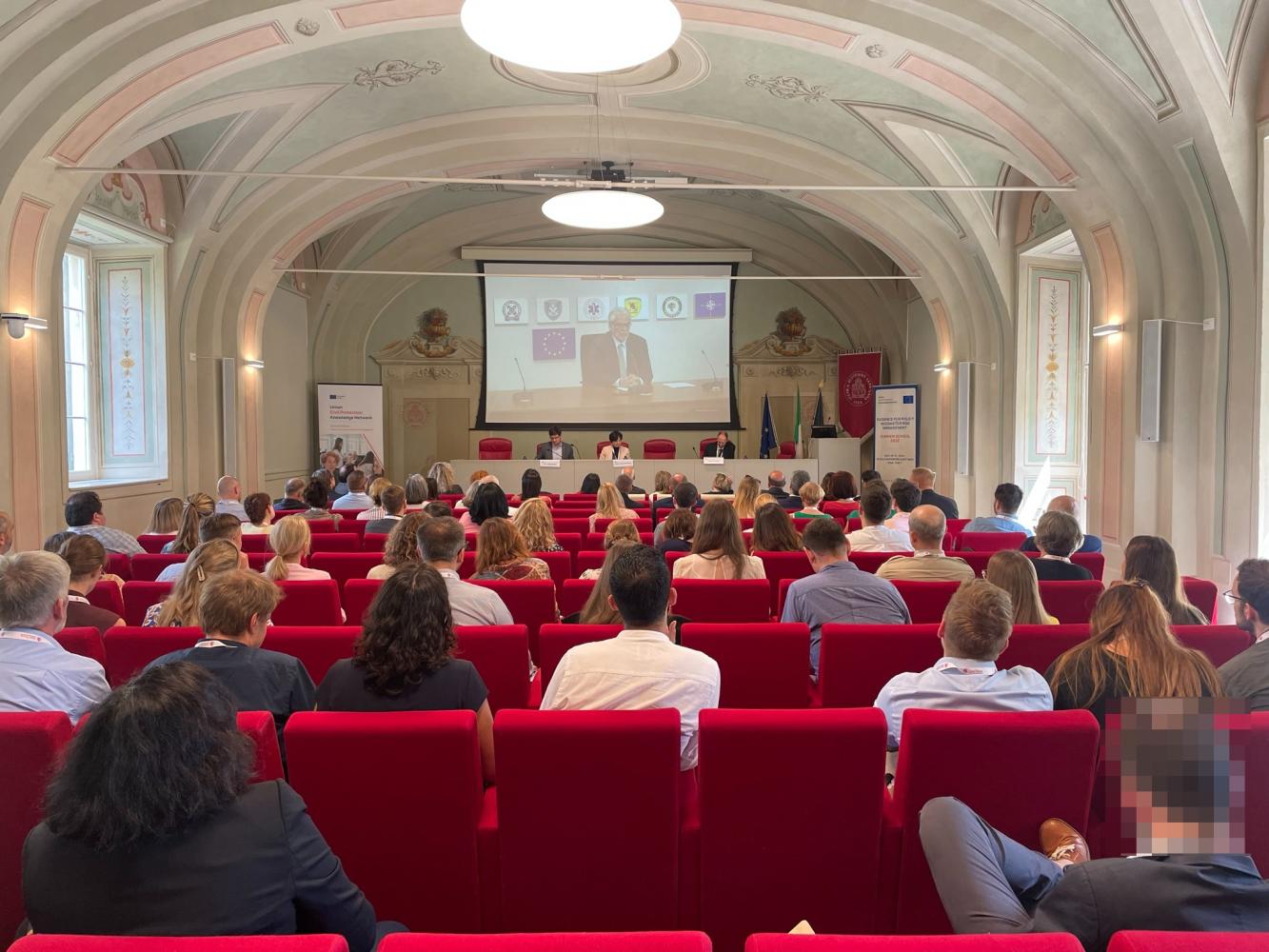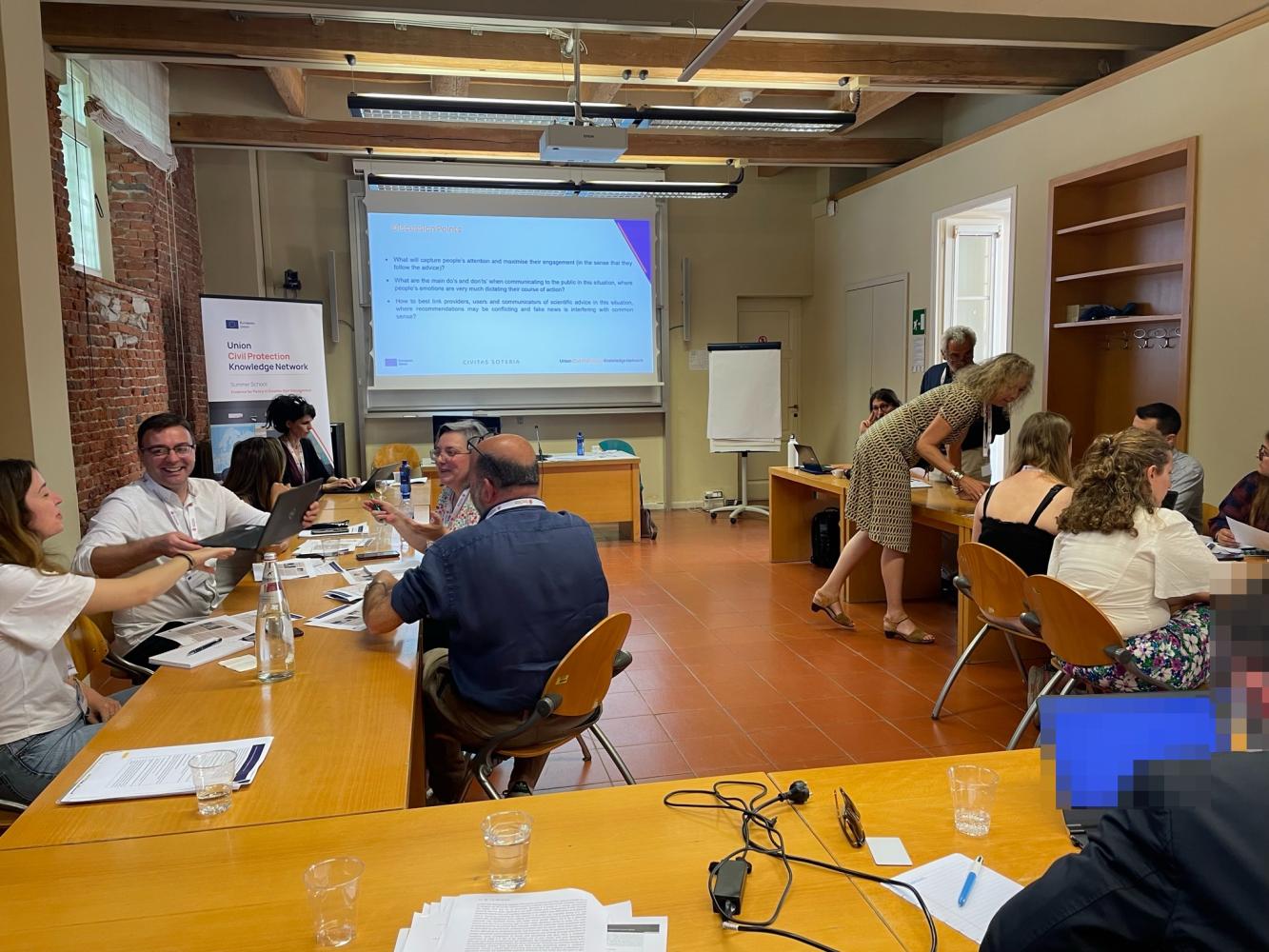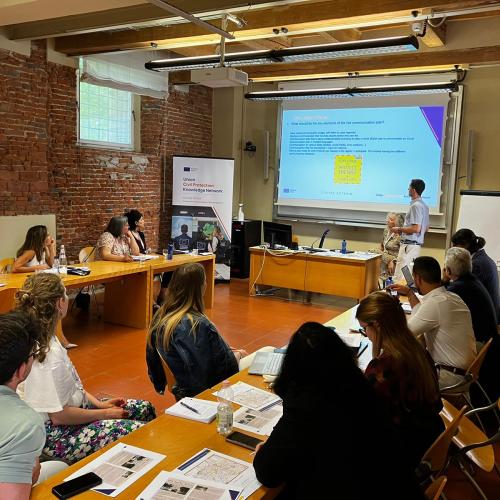
Evidence for Policy in Disaster Risk Management summer school
The Evidence for Policy in Disaster Risk Management summer school brought researchers, scientists and policy makers together to make connections, share knowledge and explore methods of bringing additional research into policy-making.


